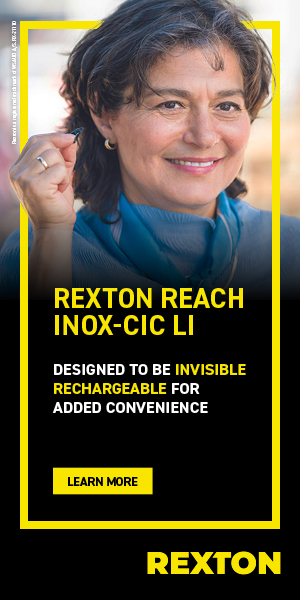The U.S. Senate passed H.R. 2430, the FDA Reauthorization Act of 2017 by a vote of 94-1. The bill reauthorizes Food and Drug Administration (FDA) user fee programs for prescription drugs, medical devices, generic drugs, and biosimilar biological products through fiscal year 2022. It also includes provisions to accelerate the review and approval of generic drugs, allow certain classes of medical devices to be reviewed by accredited persons and laboratories, and includes the Over the Counter Hearing Aid Act, which provides for the federal regulation of over-the-counter hearing aids for adults with perceived mild-to-moderate hearing loss.
The legislation was brought before the full U.S. Senate for consideration where it passed 94-1, indicative of the broad bipartisan support for the bill. This legislation is considered a “must pass” bill as it reauthorizes the user fee agreements that fund FDA, agreements that expired at the end of September 2017. H.R. 2430 now heads to the White House for President Trump’s signature.
Before reaching the Senate, H.R. 2430 passed the House of Representatives under a suspension of the rules, which is a procedure generally used to quickly pass non-controversial bills and requires a two-thirds majority vote. The bill previously passed out of the Energy & Commerce committee unanimously (54-0).
The OTC Hearing Aid Act is consistent with recommendations from the National Academy of Sciences, Engineering, and Medicine (NASEM), which were released in June 2016. ADA anticipates that this legislation will be enacted in 2017, and views it as an unprecedented opportunity for audiologists to provide valuable services to more of the 80 percent of American adults with hearing loss who don’t currently seek treatment.
ADA has been actively preparing members for the eventual widespread availability of OTC hearing aids over the past three years. We continue to urge members to take ownership of the next evolution of hearing and balance care.
A recent Hearing Journal survey illustrates the lack of awareness among audiologists with regard to the PCAST and NASEM recommendations, and apprehension, particularly among those who are ill-informed and unprepared, for the future at hand.
Despite what you may have heard elsewhere, the sky is not falling—the sky is the limit! ADA and its members continue to lead the way into the future of audiology—and that future is brighter than ever. For more information about ADA advocacy initiatives, please visit www.audiologist.org/

